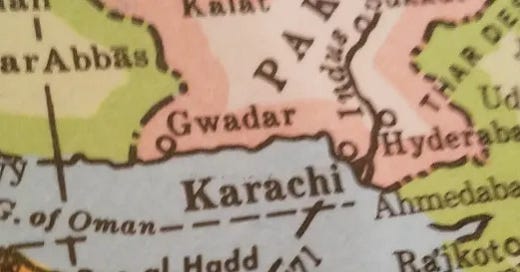Health officials in Sindh province, Pakistan report the death of a 23-year-old male resident of Orangi Town, Karachi from the “brain-eating amoeba”, Naegleria fowleri.
This is the second death due to the parasitic infection in 2025, the first one reported in March.
According to health officials, the deceased began experiencing symptoms on May 28, 2025, and was admitted to a private hospital on May 30. The patient succumbed to the infection on June 3.
Officials say the exposure was due to domestic water use and performing ablution (wuzu) at a nearby mosque.
Naegleria fowleri is a microscopic amoeba which is a single-celled living organism. It can cause a rare and devastating infection of the brain called primary amebic meningoencephalitis (PAM). The amoeba is commonly found in warm freshwater such as lakes, rivers, ponds and canals.
Infections can happen when contaminated water enters the body through the nose. Once the amoeba enters the nose, it travels to the brain where it causes PAM (which destroys brain tissue) and is usually fatal. Infections usually occur when it is hot for prolonged periods of time, which results in higher water temperatures and lower water levels.
Naegleria fowleri infections are rare. Most infections occur from exposure to contaminated recreational water. Cases due to the use of neti pots and the practice of ablution have been documented.
You cannot be infected with Naegleria fowleri by drinking contaminated water and the amoeba is not found in salt water.
Initial symptoms of PAM usually start within 1 to 7 days after infection. The initial symptoms may include headache, fever, nausea, or vomiting.
Other symptoms can include stiff neck, confusion, loss of balance, seizures, and hallucinations. After the start of symptoms, the disease progresses rapidly.





